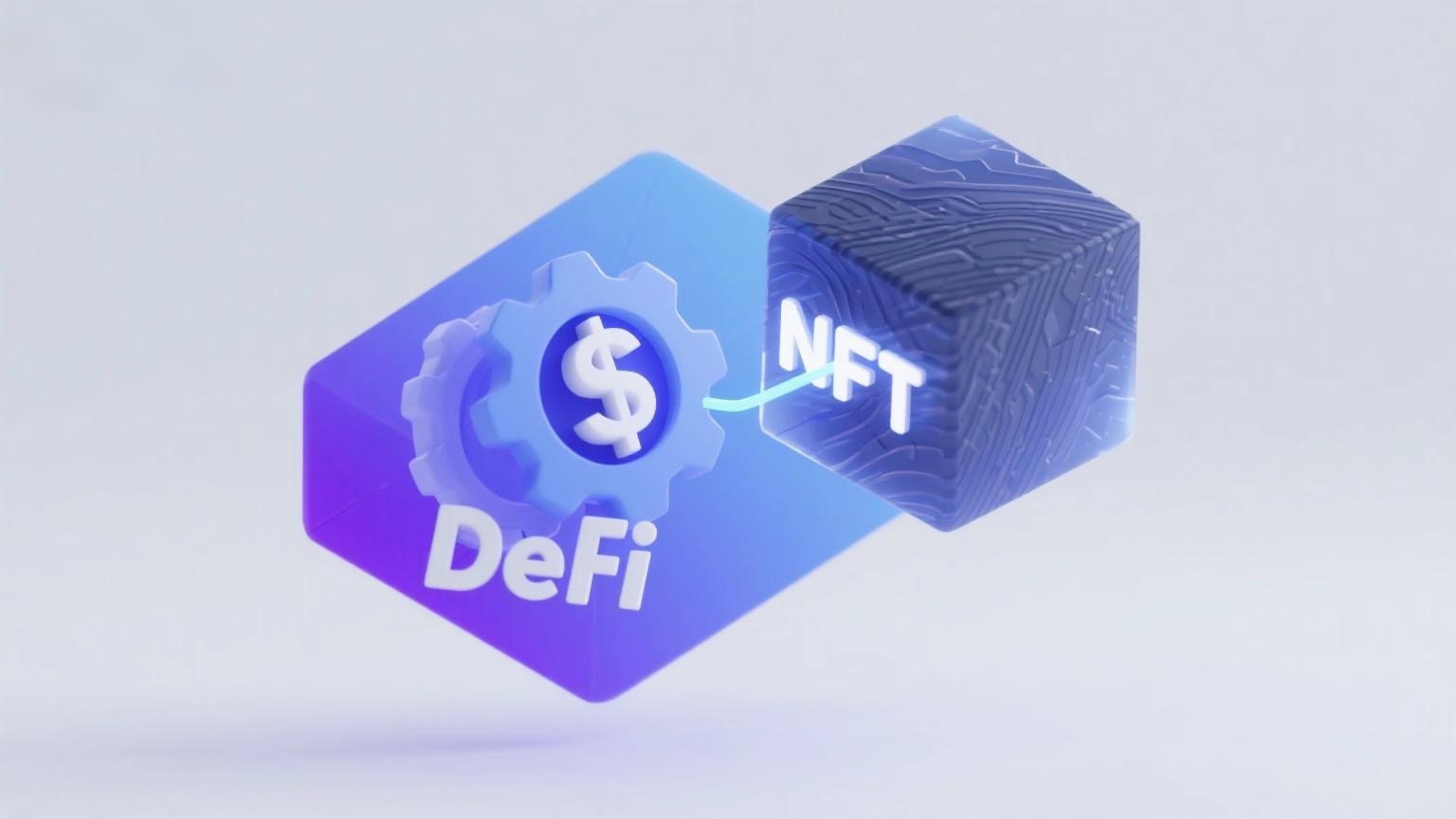
Synergy Between DeFi and NFTs
There are many use cases where DeFi and NFTs work well together:
Collateral
Since the 1980s, banks have offered loans collateralized by traditional art, and the scale is massive. According to Deloitte, the global art-backed loan market was estimated at $21–24 billion in 2019.
NFTs can also be used to provide non-recourse loans for digital art, collectibles, virtual land, and other assets (Translator’s note: The security of the loan comes from the collateral provided by the borrower. In case of default, the lender can seize the collateral but cannot pursue further claims, hence "non-recourse"). Rocket experimented with this in early 2020. NFTfi* is building a two-sided marketplace on Ethereum. NFTs are still in their early stages, but the total loan volume so far is approximately $2.5 million.
Accepting NFTs as collateral in lending protocols can both enhance the utility of NFTs and increase economic activity in lending protocols. It’s a win-win.
An important related aspect is pricing, which is a broad challenge for NFTs but becomes especially critical in a financial context. When secondary market liquidity is insufficient, particularly during liquidations, we may need to appraise the value of NFTs. Appraisals are common in traditional art and collectibles markets, conducted either by licensed appraisers or informal platforms like pawnshops. Upshot resembles the latter, using economic incentives to crowdsource valuations from participants to price NFTs.
Crowdfunding
ICOs were Ethereum’s first killer app because Ethereum is an ideal platform for global capital formation and distribution. This use case also applies to NFTs. Users worldwide can invest in creative works at different lifecycle stages, fostering a digital renaissance and enabling new business models for creators.
Partnerships
In traditional business, partnerships are owned by their members, who typically contribute capital to join. Decentralized Autonomous Organizations (DAOs) are the crypto industry’s version of partnerships and have become the standard for managing DeFi protocols. DAOs will be even more important for NFTs, as the assets and communities built around NFTs will grow by an order of magnitude.
"Collector partnerships" have emerged as a trend, allowing individuals to pool resources to invest in NFTs, breaking down high investment barriers. DAOSaka experimented with this in late 2019, and now FlamingoDAO is doing the same. Both projects aggregate funds from individuals to collectively decide which NFTs to buy or sell. Collector partnerships often start organically and then scale; for example, PleasrDAO began by pooling funds to buy one NFT and later expanded to purchase Edward Snowden’s NFT for $5.5 million. In both cases, the DAOs outbid wealthy individual buyers to win the auctions.
















